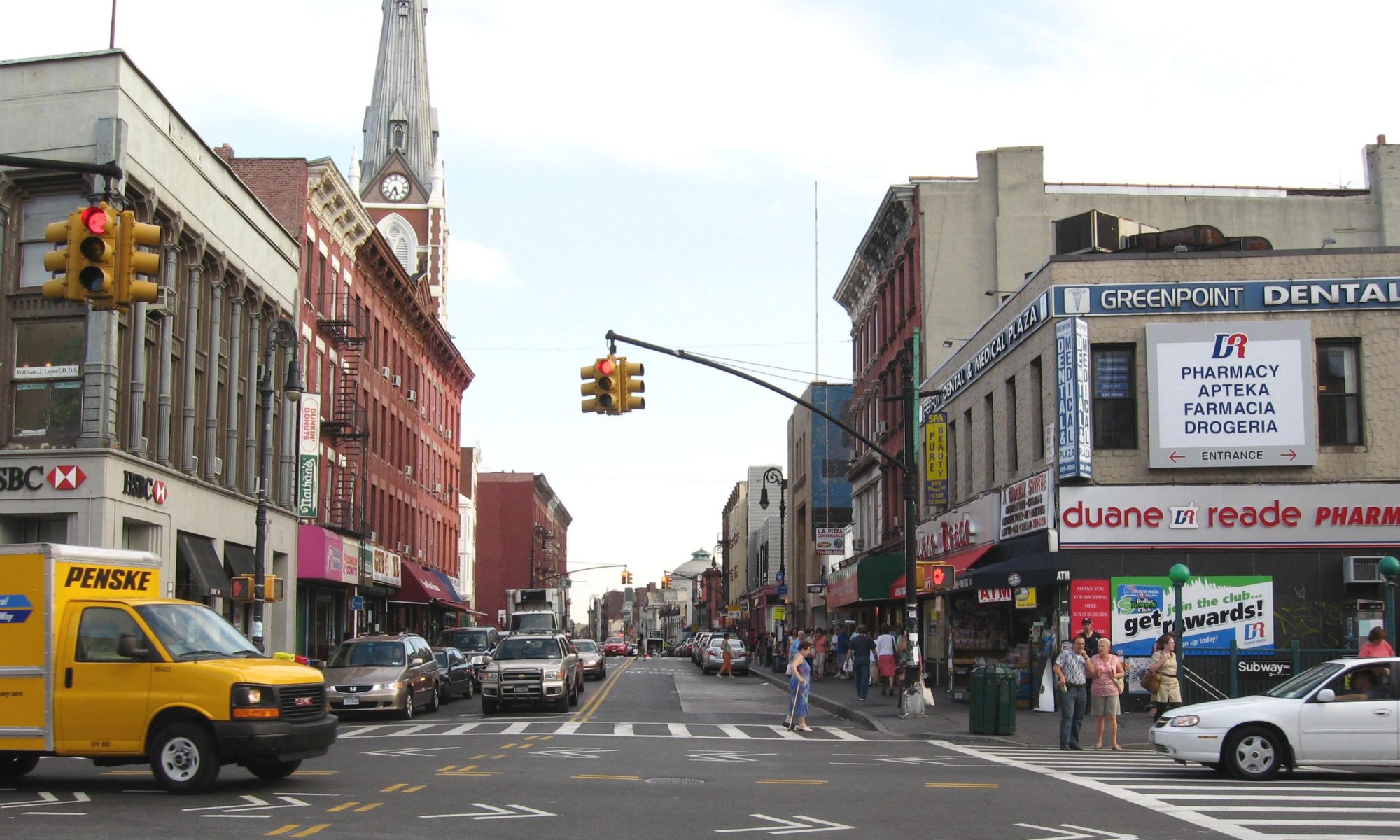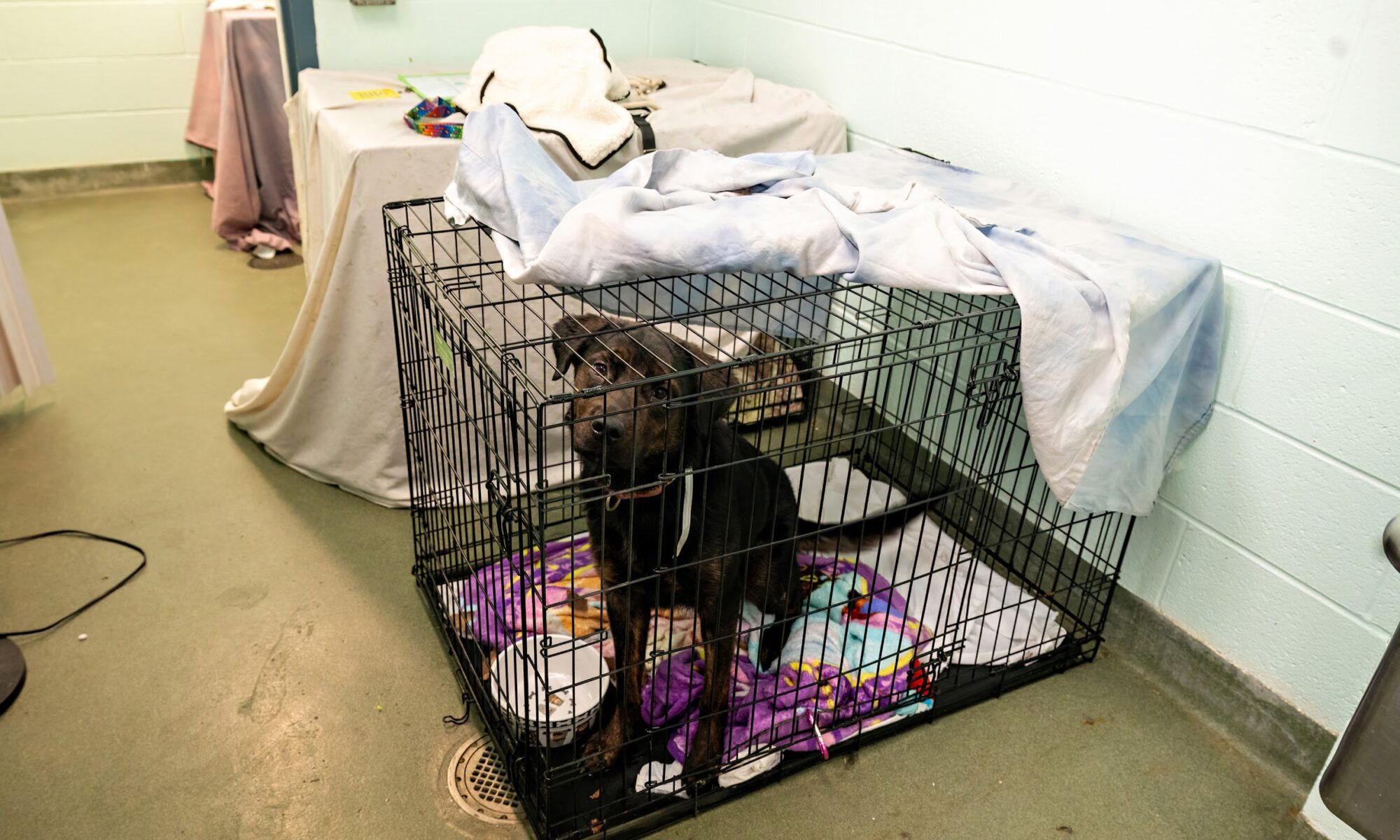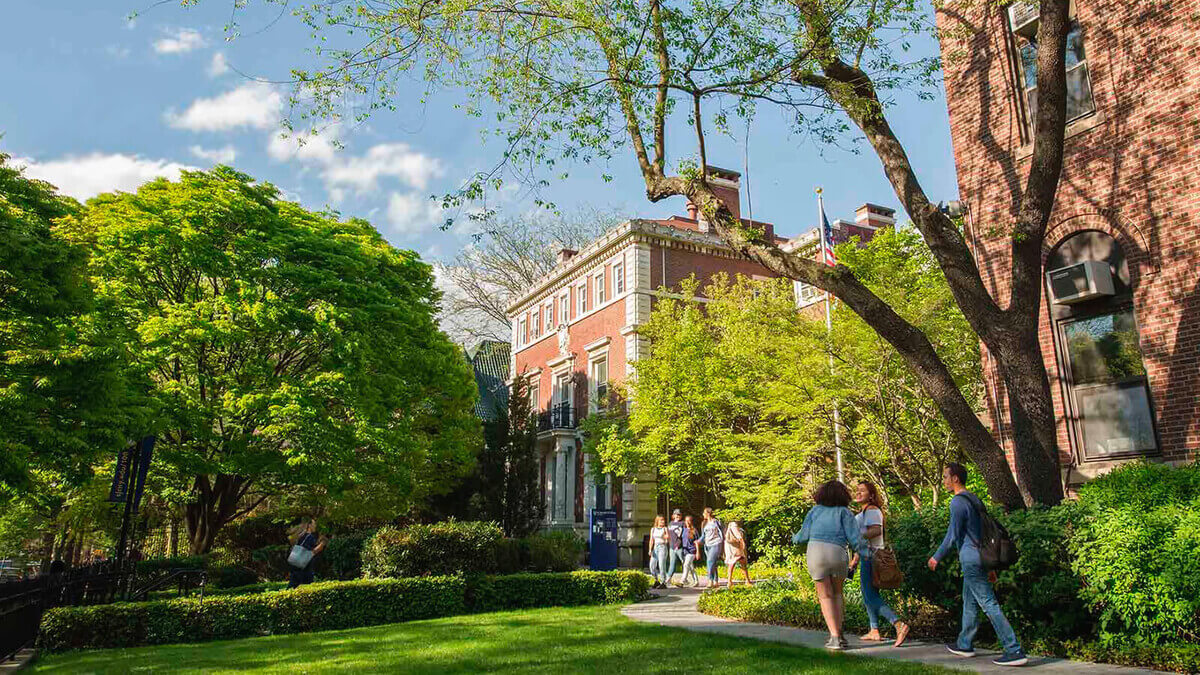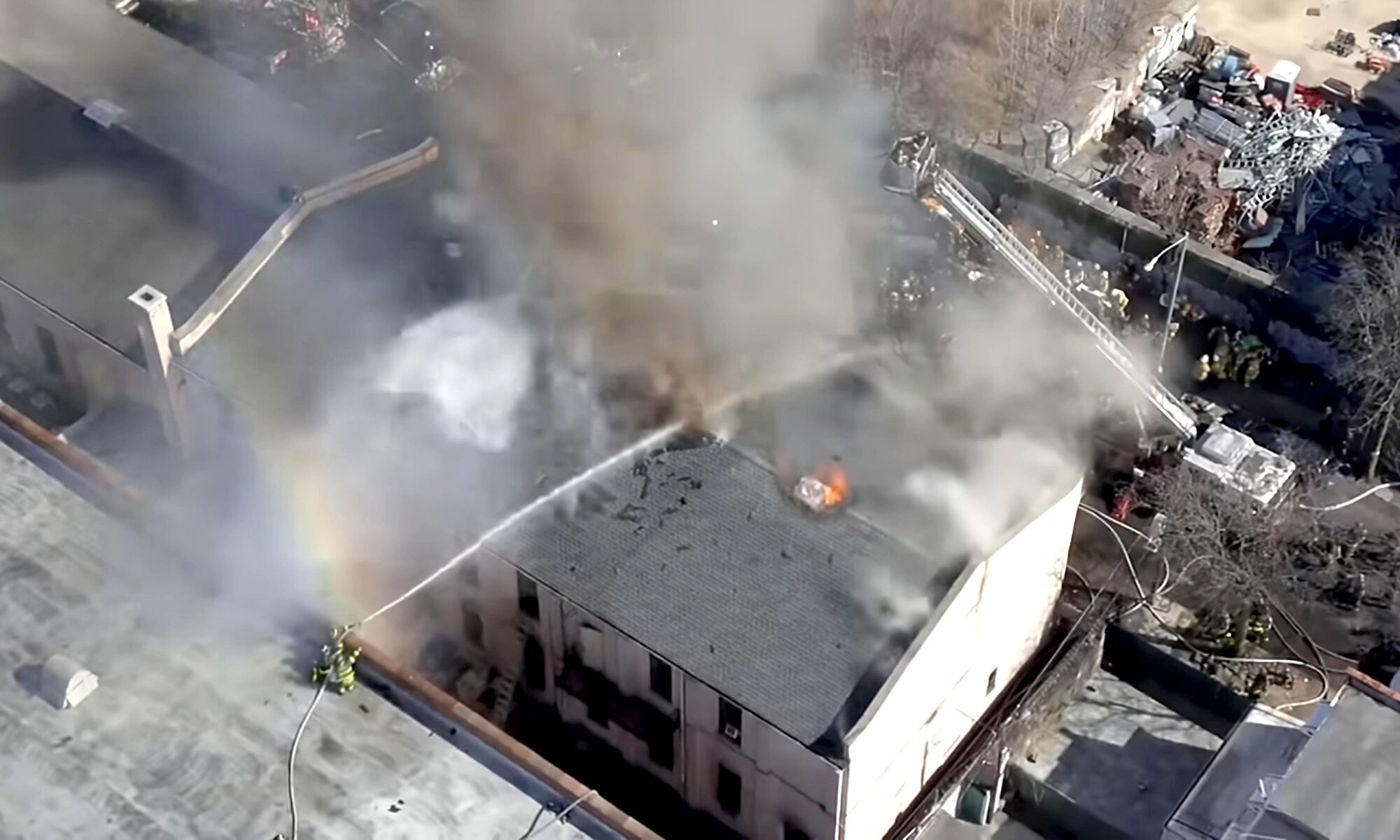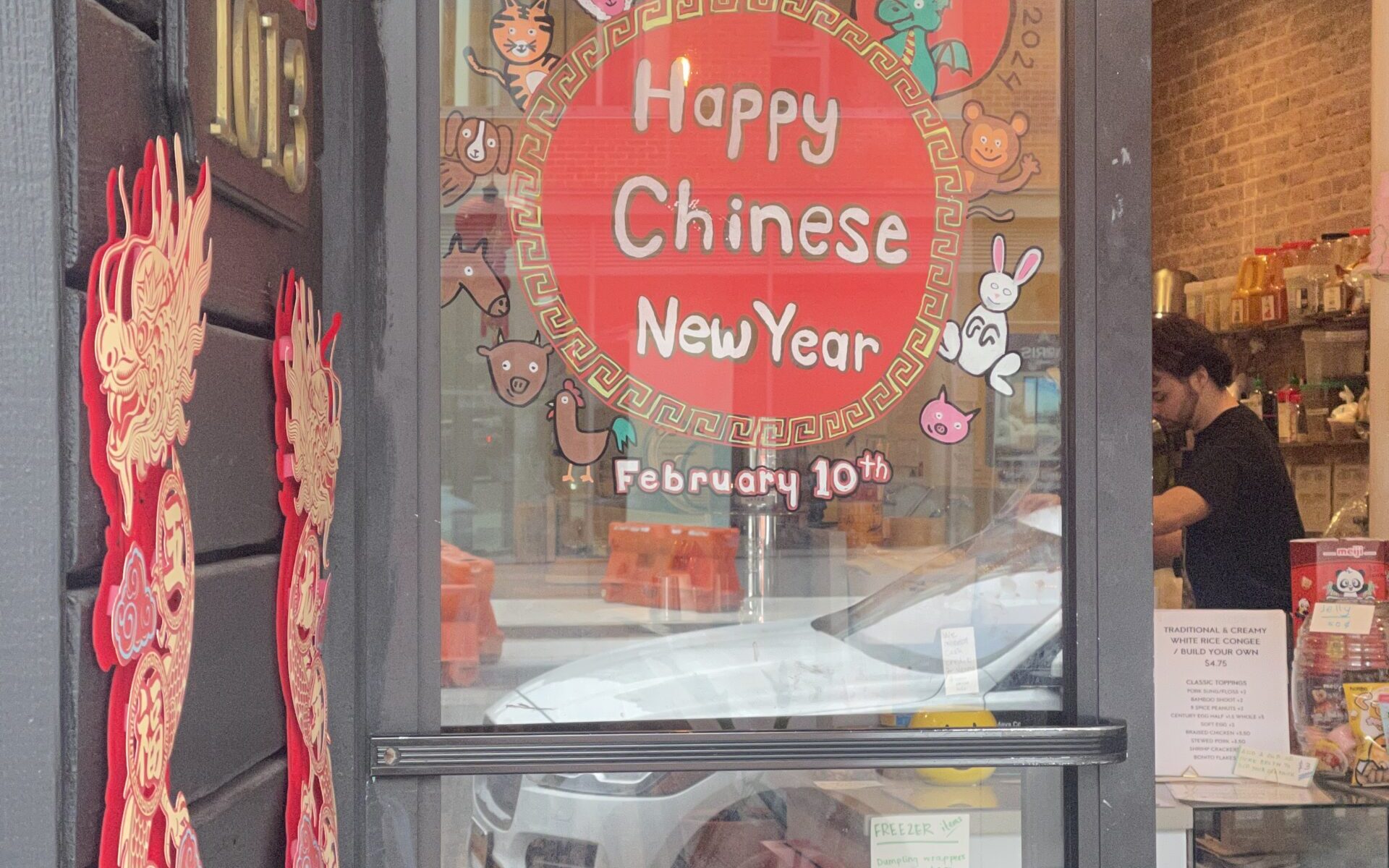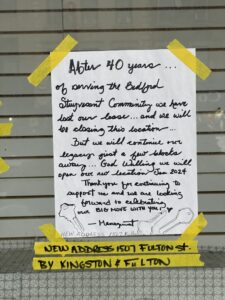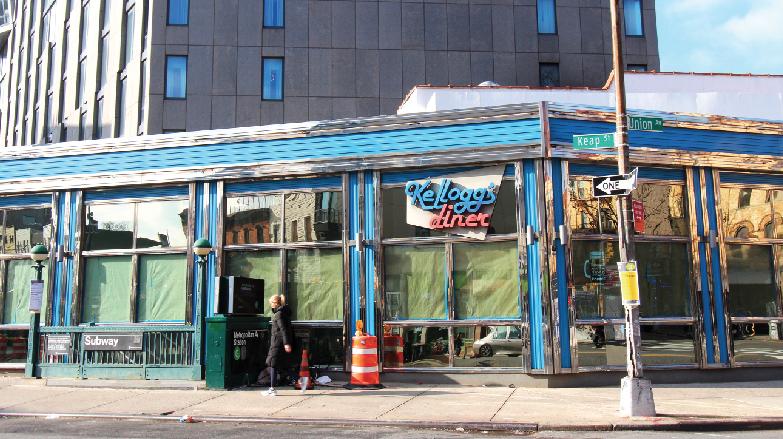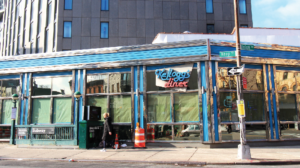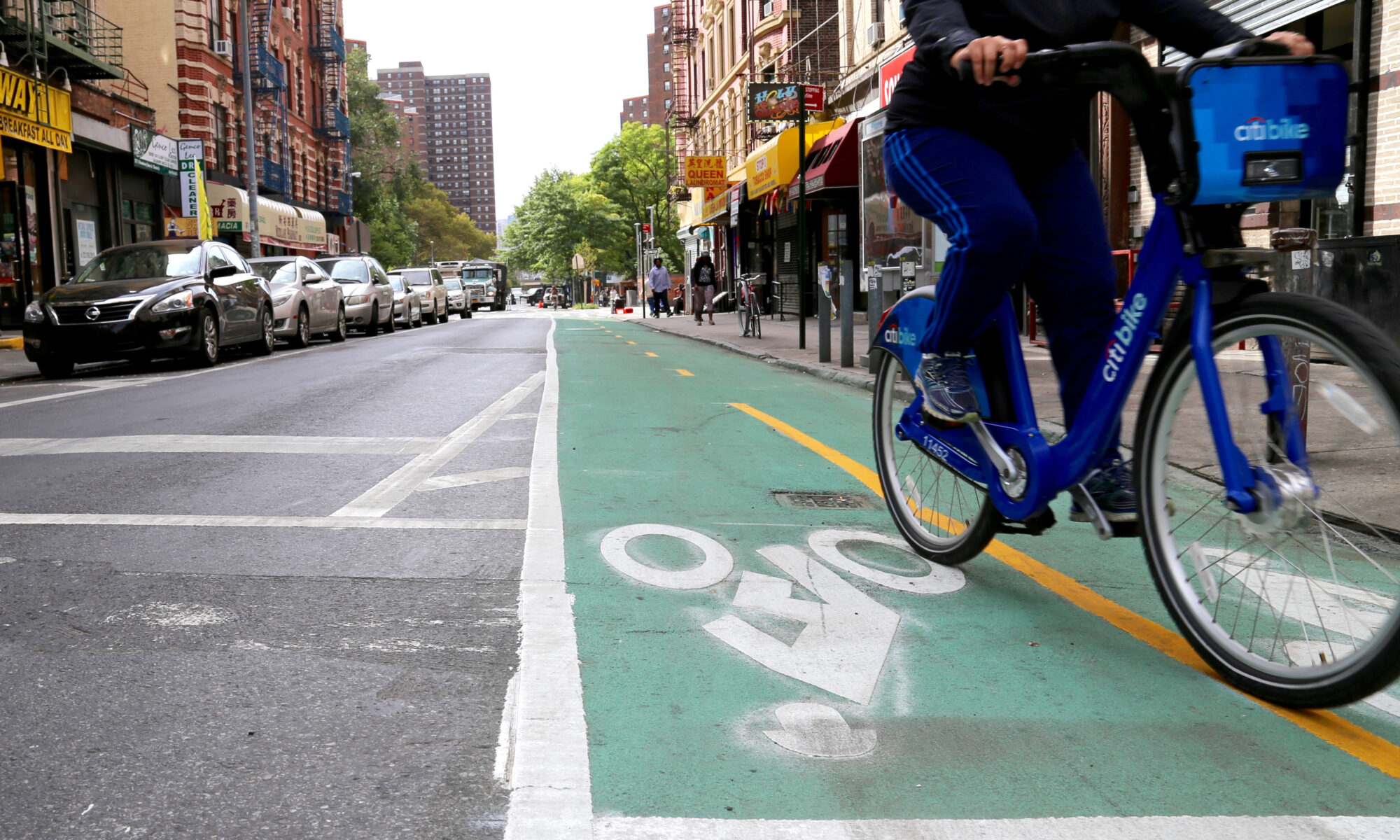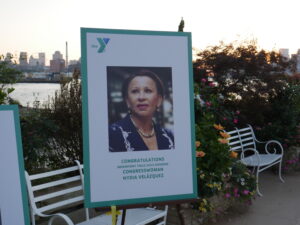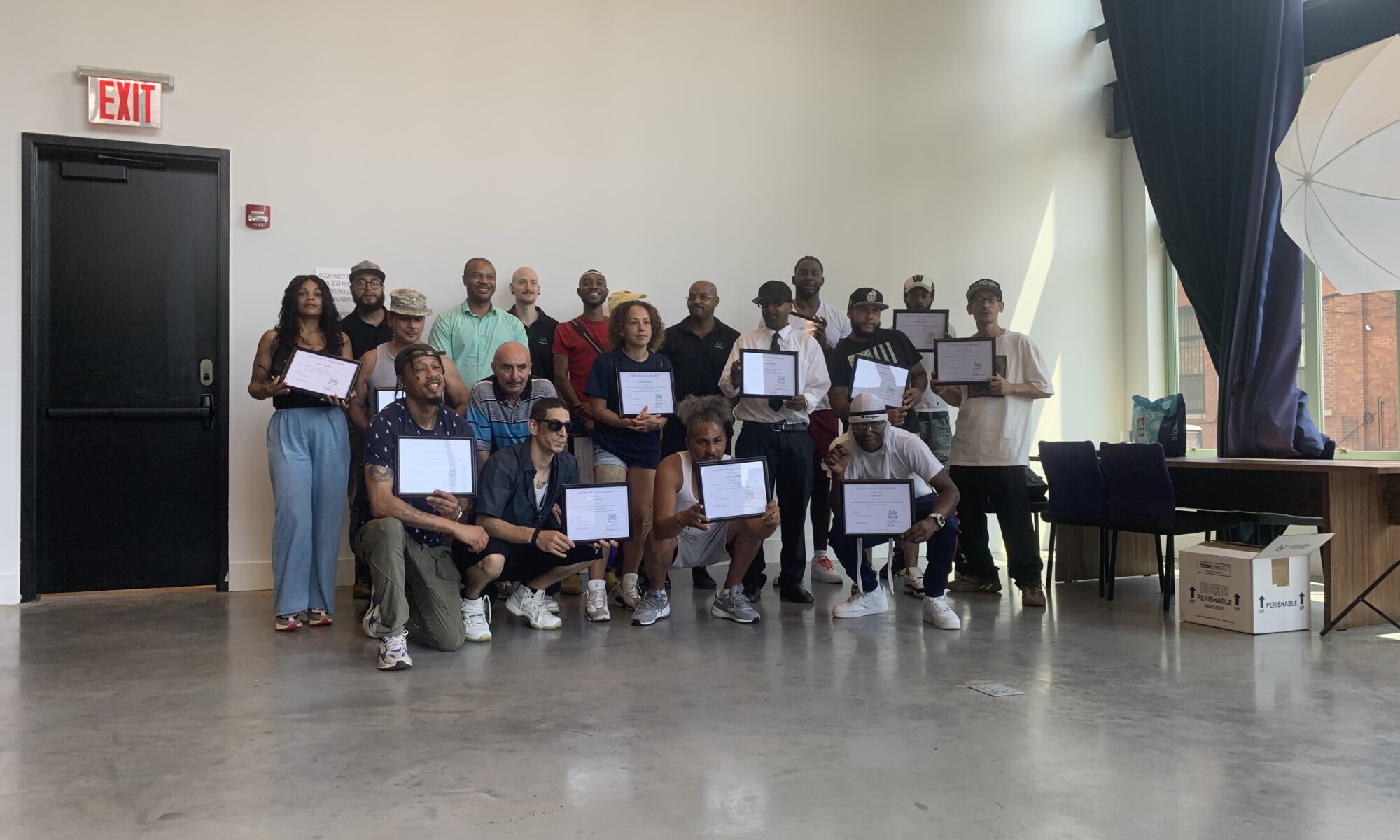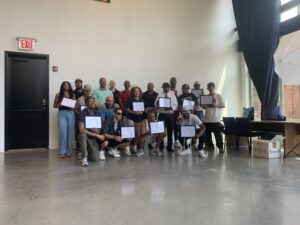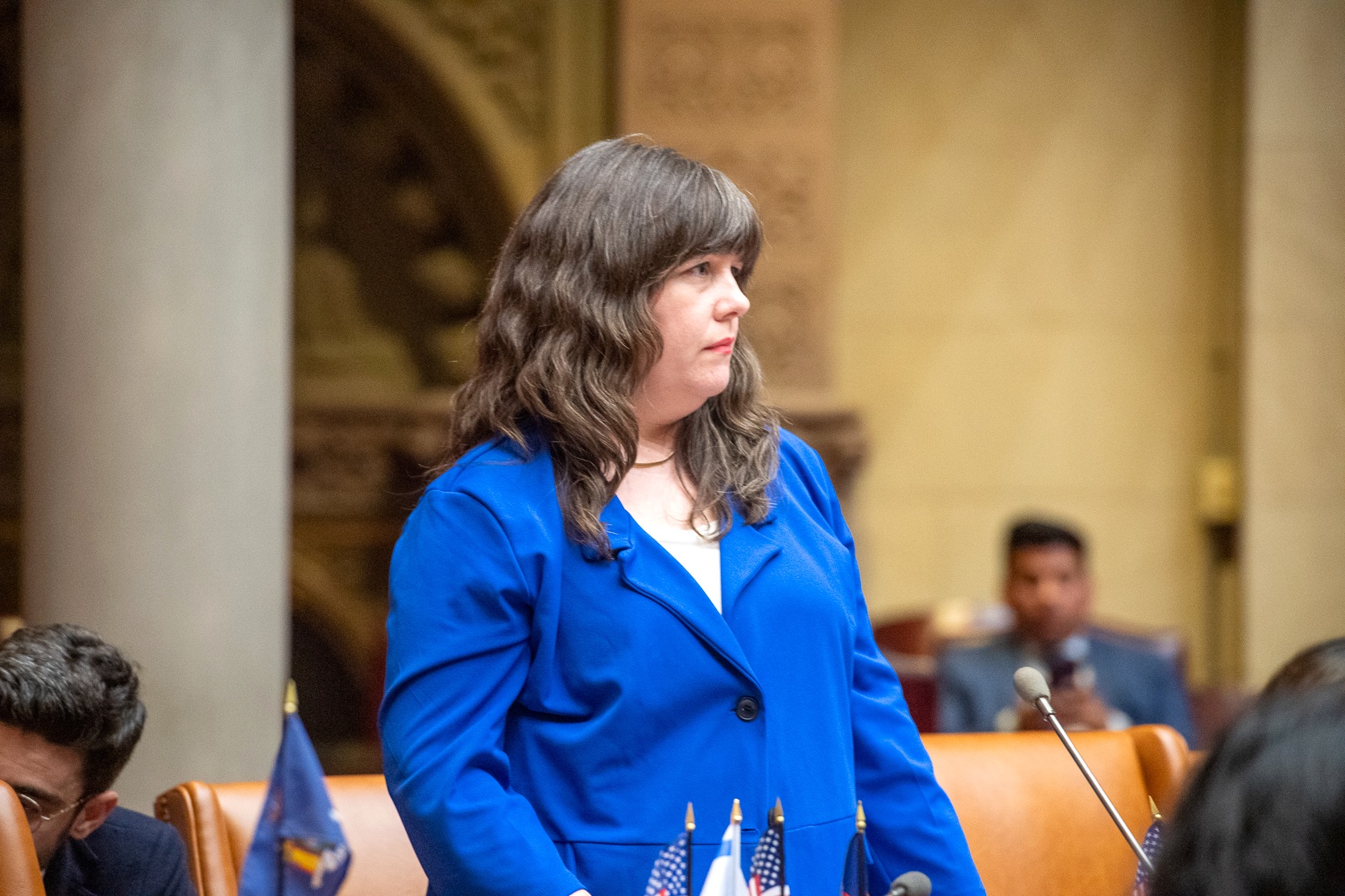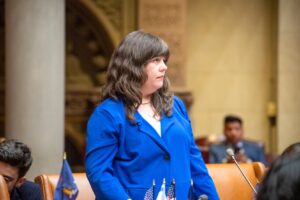 A canine companion rests within the confines of a shelter kennel at the Animal Care Centers of NYC, patiently awaiting the arrival of a loving family to offer him a forever home. Potential adopters can explore the Animal Care Centers of NYC app, to browse through profiles of shelter pets and consider their next furry family member with just a few taps on their smartphone.
A canine companion rests within the confines of a shelter kennel at the Animal Care Centers of NYC, patiently awaiting the arrival of a loving family to offer him a forever home. Potential adopters can explore the Animal Care Centers of NYC app, to browse through profiles of shelter pets and consider their next furry family member with just a few taps on their smartphone.
By MOHAMED FARGHALY
mfarghaly@queensledger.com
The Animal Care Centers of New York City (ACC of NYC) is currently facing a critical challenge as their shelters grapple with severe overcrowding, exacerbated by a significant decrease in adoptions. With locations in Brooklyn, Manhattan, and Staten Island, ACC of NYC has long been a vital resource for animals in need across the city.
Established in 1995, ACC of NYC has been dedicated to providing compassionate care and finding forever homes for animals in need. However, recent trends show a distressing increase in the length of stay for animals, stretching from the typical five to seven days to as much as 20 days.
Katy Hansen, Director of Marketing and Communication at ACC of NYC, attributes this surge in shelter population primarily to economic hardships faced by pet owners, forcing them to surrender their beloved animals due to financial constraints rather than a lack of care.
“The number one reason that people are giving us when they surrender their pet is that they can no longer afford it,” Hansen said. “The economy has taken a toll on a lot of people.”
Consequently, the shelters have resorted to doubling up on existing cage spaces and even utilizing hallways to accommodate the overflow of animals. This overcrowding can lead to increased stress and discomfort for the animals, potentially compromising their well-being and quality of life.
“The animals we’re getting in now are animals that have lived with families for several years, they are pets that the family just can no longer afford to keep,” Hansen said.
Over the past few years, ACC of NYC has implemented various strategies to boost adoption rates in their shelters. These efforts include promotional events such as free adoptions, along with comprehensive adoption packages that cover essential services like microchipping, vaccinations, and spaying/neutering. Despite these proactive measures, the organization acknowledges the significant impact of economic challenges on pet owners, which remains beyond their control.
Despite these challenges, ACC of NYC continues to provide a wide range of services to the public beyond adoption. As the only open-admission shelter in New York City, they accept all species of animals, including dogs, cats, rabbits, guinea pigs, and even exotics like snakes and goats. In addition to adoption services, ACC of NYC offers foster programs, volunteer opportunities, and various community initiatives such as pet food pantry and vaccine clinics.
Their foster program is particularly noteworthy, as it not only provides temporary relief to overcrowded shelters but also offers animals a chance to decompress in a home environment.
“Fostering is really life-saving,” Hansen said. “It opens up kennel space and provides animals with time to decompress away from the noisy shelter environment.”
Many families who initially intended to foster have found themselves falling in love with their temporary companions, leading to permanent adoptions and heartwarming success stories. What begins as a compassionate act of fostering often blossoms into lifelong bonds for both the lives of the animals and their new human companions
ACC of NYC also conducts vaccine clinics and hosts pet food pantries to support pet owners in need, ensuring that animals in the community receive essential care and nutrition. With an impressive 90% adoption rate, ACC of NYC strives to find loving homes for as many animals as possible, relying on the support and generosity of the community to continue their life-saving work.
As the overcrowding issue persists, ACC of NYC urges the public to consider various ways they can help. Beyond adoption and fostering, individuals can volunteer their time at the shelters, assist with fundraising efforts, or even donate supplies such as pet food, blankets, and toys.
Additionally, ACC of NYC emphasizes the importance of community involvement in addressing the root causes of pet surrenders. By advocating for affordable pet care resources and promoting responsible pet ownership, individuals can contribute to reducing the number of animals entering shelters due to economic hardships.
Readers interested in adopting a pet from Animal Care Centers of NYC (ACC of NYC) can utilize the organization’s mobile app for a convenient and streamlined experience. The ACC of NYC app, available on both Android and Apple devices, offers a comprehensive platform for users to browse through the hundreds of animals available for adoption. With detailed bios, photos, and even videos of each animal, potential adopters can get to know their future furry companions before making a decision. Additionally, the app provides essential information about the adoption process, including requirements and procedures, making it easier for individuals to navigate their journey towards welcoming a new pet into their home.

Potential adopters can explore the Animal Care Centers of NYC app, to browse through profiles of shelter pets and consider their next furry family member with just a few taps on their smartphone.
“There is sometimes a misperception about shelter pets, that there’s something wrong with them,” Hansen said. “But these are pets that have lived with families, have been loved by families, walked by families, they didn’t just appear on Earth at age seven. They were taken care of, and through no fault of their own, they found themselves in a shelter. And our shelter is the only shelter that takes animals from anyone. So, we’re the first stop on the rescue journey to finding them a new home.”
Readers can also visit the organization’s website at nyacc.org for adoption inquiries and to explore opportunities for volunteering and supporting Animal Care Centers of NYC’s mission.
Through collaboration and support from the community, ACC of NYC remains hopeful that they can overcome the current challenges and continue their mission of saving lives and providing a safe haven for animals in need across New York City.

